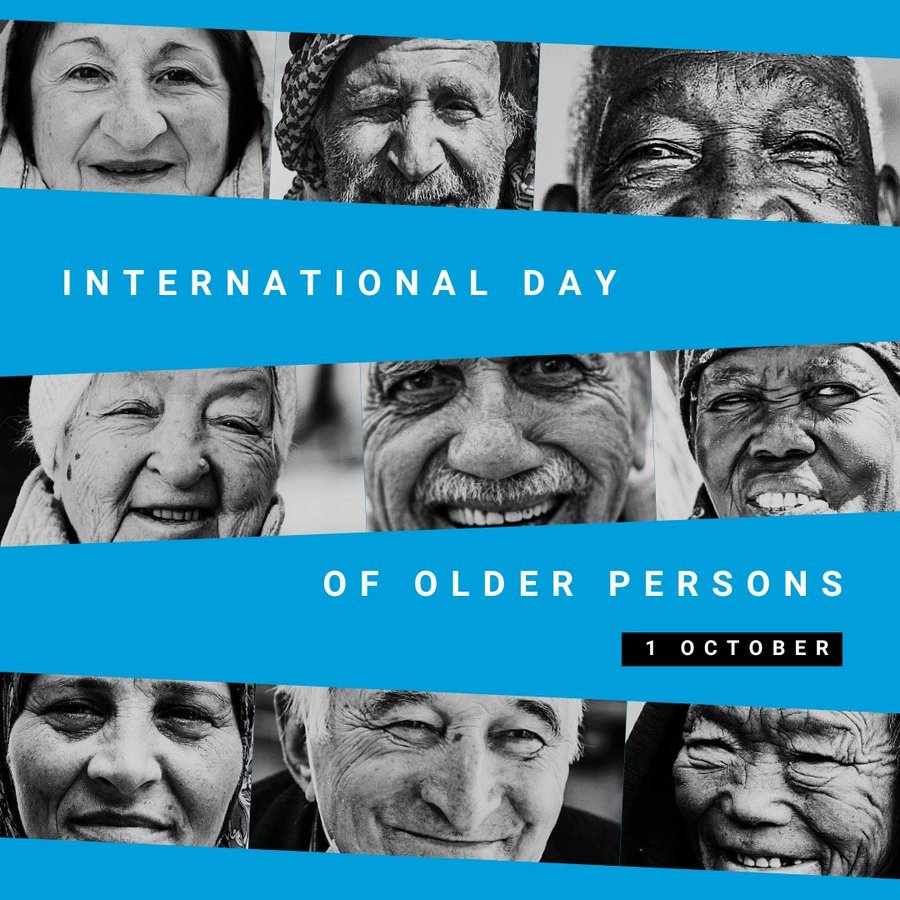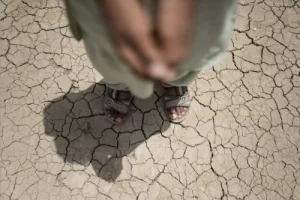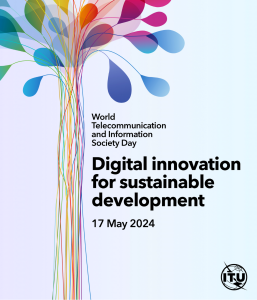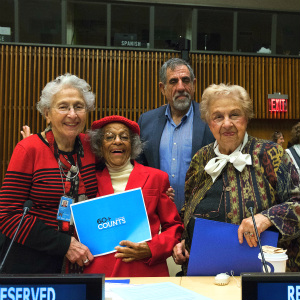 Ageing is a natural phenomenon. The process has not often resulted in healthy active older persons who are still independent. As countries addressed communicable diseases and improved health and living conditions, a global trend for increase in life expectancy can be seen. Health services must be inclusive of the needs of older persons. The International Day of Older Persons, is commemorated on 1 October each year, to raise public awareness about the opportunities and challenges with ageing populations and to mobilize the families, community groups and stakeholders to address the difficulties faced by older people.
Ageing is a natural phenomenon. The process has not often resulted in healthy active older persons who are still independent. As countries addressed communicable diseases and improved health and living conditions, a global trend for increase in life expectancy can be seen. Health services must be inclusive of the needs of older persons. The International Day of Older Persons, is commemorated on 1 October each year, to raise public awareness about the opportunities and challenges with ageing populations and to mobilize the families, community groups and stakeholders to address the difficulties faced by older people.
This year’s theme, ‘Ageing with Dignity: The Importance of Strengthening Care and Support Systems for Older Persons Worldwide’ encourages the governments, policy makers and social services across the world for a concerted and sustained action to address the physical, social, psychological and health needs of older persons. The commemoration also underscores the importance of promoting healthy living conditions for elderly that respect the dignity, beliefs, needs, and privacy of older persons, and for the right to make decisions about their care and quality of their lives.
 The theme of the 2024 World Day to Combat Desertification and Drought, 17 June, is “United for Land. Our Legacy. Our Future”, highlighting the future role of land stewardship in ensuring the stability and prosperity of billions of people around the world.
The theme of the 2024 World Day to Combat Desertification and Drought, 17 June, is “United for Land. Our Legacy. Our Future”, highlighting the future role of land stewardship in ensuring the stability and prosperity of billions of people around the world.

 Background
Background It is the very word that we find repeated three times in today’s gospel text (Matthew 4:1-11).
It is the very word that we find repeated three times in today’s gospel text (Matthew 4:1-11). Every year on January 4th, World Braille Day reminds us of the importance of accessibility and independence for those who are blind or visually impaired.
Every year on January 4th, World Braille Day reminds us of the importance of accessibility and independence for those who are blind or visually impaired. Gender equality today for a sustainable tomorrow
Gender equality today for a sustainable tomorrow
